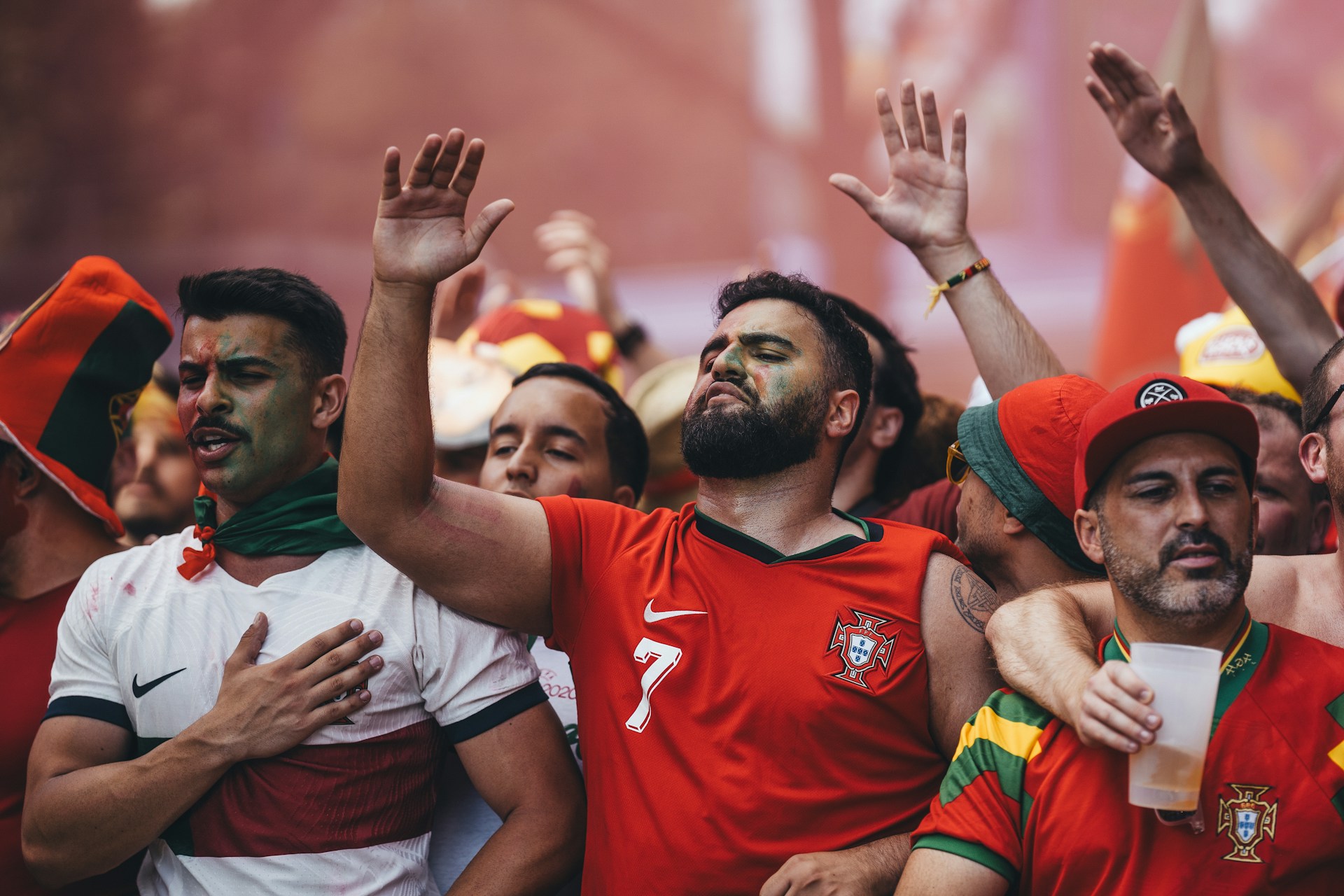
Soccer, often called “the beautiful game,” carries a significance that transcends sports. In many countries, it weaves itself into society’s cultural, political, and emotional fabric. It is more than competition; it reflects national pride, a source of collective memory, and a powerful expression of identity. Whether on dusty village pitches or in sprawling stadiums, the journey from grassroots to glory mirrors the aspirations of entire nations. Exploring how soccer shapes national identity reveals its profound influence across generations.
Soccer’s Deep Roots in Community Life
The journey of soccer shaping national identity begins at the grassroots level. Community leagues, school teams, and local tournaments are not just about developing future stars; they nurture a sense of belonging and pride from a young age. Children donning their first club jersey feel the early stirrings of loyalty, learning to represent something larger than themselves.
In many regions, grassroots soccer programs are intentionally tied to cultural initiatives. These programs don’t just teach technical skills; they pass down language, music, and tradition through the love of the game. The values absorbed at this stage — teamwork, perseverance, and unity — plant the seeds for a larger sense of national belonging later in life.
Countries like Brazil and Argentina show how grassroots efforts turn soccer into an extension of the nation’s spirit. Players emerging from favelas and small towns become heroes, embodying the dreams of millions. Soccer’s grassroots foundation makes it a true reflection of the people’s voice, not just the elite.
How National Teams Represent More Than Sport
The way soccer shapes national identity becomes even more visible when national teams take the world stage. International tournaments like the FIFA World Cup are charged with emotions beyond athletic competition. Fans see their teams as ambassadors, carrying the flag and spirit of the nation wherever they compete.
Historic moments — such as Germany’s 1954 World Cup win or Senegal’s stunning performance in 2002 — were not just sports victories. They became moments of unity, healing, and collective pride for entire countries. Soccer offers countries, especially those overcoming political or economic hardships, a way to rewrite narratives and tell new stories about resilience and ambition.
National teams often reflect societal diversity, too. The multicultural makeup of teams like France and England demonstrates how different communities can unite under a single banner, contributing to evolving national identities. Through soccer, countries celebrate their uniqueness and unity, shaping how citizens see themselves and are seen globally.
Political and Cultural Impact of Soccer
Soccer’s ability to shape national identity is not limited to feel-good moments of victory. It has also served as a platform for political expression and social change. Match has been a battleground for ideological struggles, civil rights movements, and national debates throughout history.
One powerful example is the 1995 Rugby World Cup in South Africa, often paralleled by soccer’s role after apartheid. In many African nations, soccer has been used to promote peace, reconciliation, and nation-building. Politicians frequently harness the unifying power of soccer to rally citizens and foster patriotism.
Moreover, cultural expressions tied to soccer — from chants to clothing — have permeated art, music, and cinema. Films like The Miracle of Bern or songs like Shakira’s “Waka Waka” show how soccer can become a vessel for storytelling, further embedding it into a country’s cultural identity.
Soccer Legends and Their National Influence
Another aspect of how soccer shapes national identity lies in the stories of legendary players who transcend sport. Figures like Pelé, Diego Maradona, and Didier Drogba are not merely athletes; they are national icons who embody their countries’ hopes, struggles, and aspirations.
When Drogba used his platform to help end the civil war in Ivory Coast, he demonstrated how soccer heroes can impact national destiny. Maradona’s “Hand of God” goal remains a profoundly symbolic moment of Argentina asserting itself on the world stage. Pelé’s image is intertwined with national pride, racial identity, and global recognition in Brazil.
Such players become narratives of national greatness, their journeys from humble beginnings to global superstardom reinforcing that greatness is possible for all. Citizens find inspiration, shared pride, and even healing from historical traumas in their stories.
Soccer’s Lasting Role in National Identity Formation
The influence of soccer on national identity does not end with any single tournament or generation. It is a continuous thread that binds people together over time. Even for those who have never set foot on a professional pitch, soccer is a shared experience, a symbol of collective memory, and a reminder of belonging.
When a young boy in Lagos dreams of being the next Jay-Jay Okocha or a girl in Tokyo watches Nadeshiko Japan lift a trophy, soccer simultaneously becomes a personal and national aspiration. It shapes how citizens see themselves and their place in the world.
Moreover, soccer’s accessibility ensures its place in national life for future generations. All you need is a ball and an open space. From the poorest neighborhoods to gleaming cities, soccer’s simplicity makes it a unifying force, accessible to all, and symbolic of hope, unity, and national identity.
Reflecting on Soccer’s Enduring National Influence
From grassroots fields to the world’s grandest arenas, soccer shapes national identity by forging unity, pride, and cultural significance. Its impact stretches far beyond the final whistle of any match. It influences politics, arts, community values, and collective memories, weaving itself permanently into the narrative of nations.
Understanding how soccer shapes national identity reveals that the game’s power lies not just in scoring goals but also in inspiring dreams, healing wounds, and building bridges among diverse peoples. Soccer’s enduring magic will continue to define national character for generations.